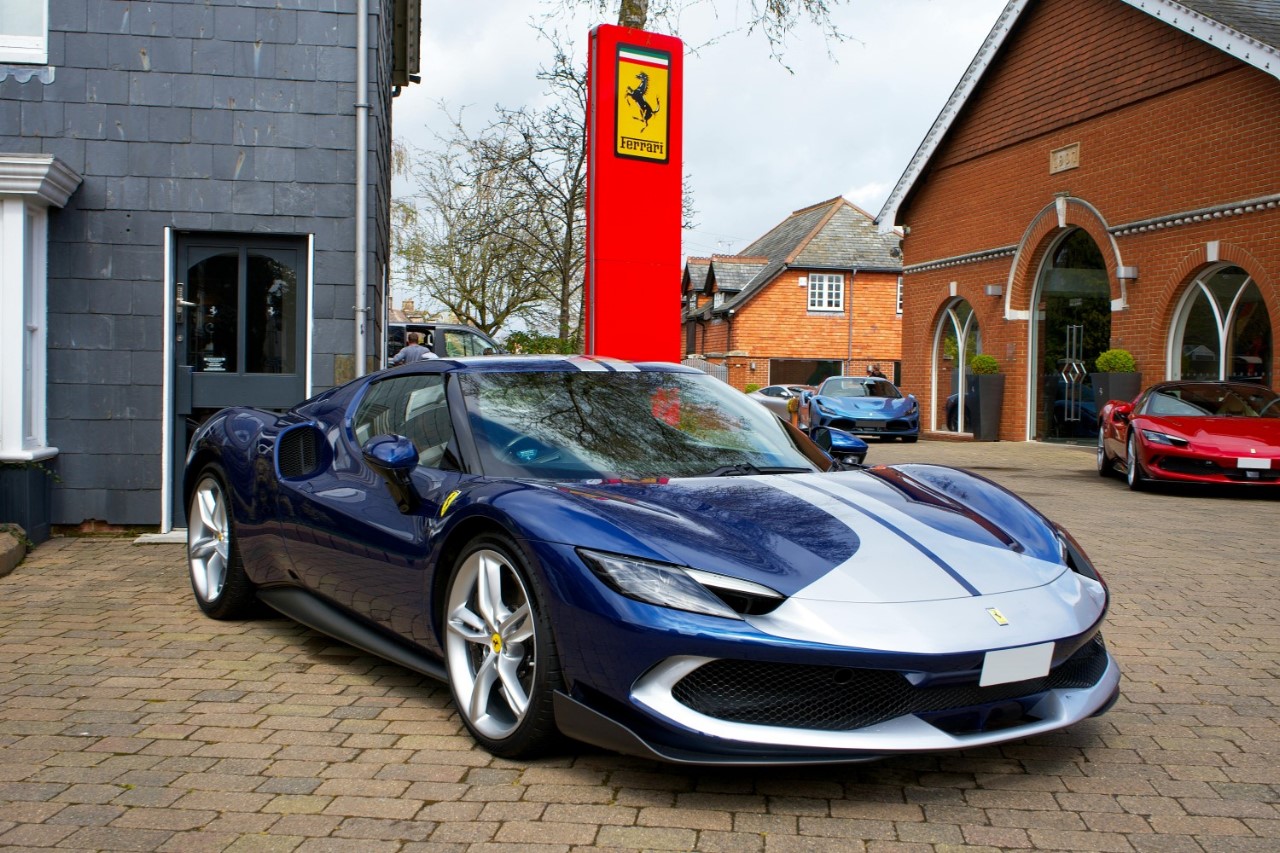Should You Choose a Loan or Lease for Your Next Sports Car?
Owning a sports car is a dream for many automobile enthusiasts. With sleek designs, powerful engines, and that unmistakable roar, these vehicles are designed to turn heads. However, the decision to purchase or lease such a car can be just as exhilarating as driving one.
Each option comes with its unique advantages and financial implications, making it essential to consider your personal circumstances, driving habits, and financial goals. Understanding the key differences can help you make an informed decision that suits your needs.
Understanding the Basics of Loans and Leases
When exploring options for obtaining a sports car, it’s crucial to understand how loans and leases differ fundamentally. A car loan allows you to borrow money to purchase the vehicle outright.
Once the loan is repaid, you own the car completely, allowing you to personalize it as you desire. In contrast, leasing generally requires lower monthly payments and covers only a portion of the car’s value.
When the lease term ends, you return the car or have an option to buy it, but you do not own it unless you take that step.
This fundamental difference impacts your financial outlay and the flexibility you’ll have for your vehicle.
Many potential buyers appreciate the ownership aspect of loans, especially for high-value sports cars that can retain their value over time. Conversely, leasing may appeal to those who prefer driving the latest models or want to avoid the booms and busts associated with a vehicle’s depreciating value.
Financial Implications of Loans versus Leases
The financial aspects of purchasing versus leasing a sports car can be significant. Loans typically involve higher monthly payments compared to lease payments because you’re financing the entire cost of the vehicle.
However, once the loan is paid off, you no longer have a car payment and can enjoy a vehicle that could still have a high resale value.
Moreover, financing a sports car can potentially allow for tax deductibility when it comes to business use of the vehicle, depending on your local tax regulations.
On the other hand, leases usually require lower initial costs such as security deposits and down payments. However, you may face penalties for excess mileage or wear and tear, which can add up quickly.
Additionally, most leasing agreements include a mileage cap, which may not suit performance enthusiasts who enjoy pushing their sports cars to their limits. In evaluating financial implications, consider both the short-term cash flow and long-term investment potential associated with each option.
Ownership Benefits of Loans
One of the most compelling reasons to opt for a loan is the benefit of ownership. Once your loan is settled, you have full ownership rights over your sports car, allowing you to customize and enhance it as you see fit.
Enjoying your vehicle without restrictions empowers enthusiasts to personalize their car with modifications or upgrades, reflecting personal style and performance preferences. This ownership also means that you’re free from any mileage restrictions, allowing you to drive your sports car as often and as far as you desire.
If the vehicle has been well cared for, it may appreciate in value, especially rare or collectible sports cars.
A well-maintained sports car can be a valuable asset, and you’ll have the freedom to sell it whenever you choose once your financing obligations are fulfilled.
ou can read more about car loan options and figure out what best matches your specific requirements. Knowing all the other benefits and requirements can simplify the process of owning a car.
Flexibility and Convenience with Leasing
Leasing offers certain advantages that may make it appealing for those who prefer flexibility.
With the option to drive a new model every few years, leasing allows enthusiasts to stay current with the latest technologies, designs, and safety features without the long-term commitment of ownership.
This strategy can be particularly beneficial in the sports car segment, where manufacturers frequently release updated models with improved performance and aesthetics.
Furthermore, leasing typically includes warranty coverage for the duration of the lease, relieving drivers from certain maintenance costs that come with ownership.
This can be financially advantageous for sports car owners who want to keep their vehicles in pristine condition without incurring surprising repair expenses.
However, it’s essential to gauge the long-term implications of returning a vehicle at the end of the lease versus owning it outright.
Considering Your Driving Habits
Your driving habits play a crucial role in deciding between a loan and a lease. If you’re someone who enjoys long road trips or high-mileage driving, a loan might be the better choice, since you won’t be restricted by annual mileage limits.
Conversely, if you prefer a vehicle for casual driving or only use it for special occasions, leasing may provide a financially viable solution with lower monthly payments.
Many high-performance sports car enthusiasts love hitting the racetrack and taking their cars on enjoyable weekend drives, which merits consideration of potential mileage concerns associated with leasing.
Ultimately, whether you opt for a loan or a lease depends on how you envision using your sports car. Taking the time to assess your driving habits will help guide your choice.
Evaluating the Long-term Impact on Finances
The financial consequences of each option extend well beyond the initial purchasing or leasing cost.
A loan may entail a higher upfront payment and monthly costs, but it often results in asset ownership over time. This means that as you pay off your loan, you accumulate equity in a car, which is particularly meaningful for appreciating vehicles.
Leases, while offering short-term lower payments, may end up being more costly in the long term.
Returning the car at the end of the lease means you’ve not accrued any assets, and continuous leasing can lead to repeated payments without ever having ownership.
For those intending to keep a vehicle for several years, glorifying the ‘latest model’ cycling through lease agreements could result in far more spent over time.
So, if you plan for long-term ownership and investment, carefully weigh which option aligns with your financial goals.
Industry insights play an essential role in making an informed decision.
As consumers assess their situation, understanding potential fluctuations in car values and market trends will lead to a more secure choice.

In making the decision between a loan or lease for your next sports car purchase, evaluating your financial situation, driving habits, and desire for ownership is crucial.
Each option offers various pros and cons that fit different lifestyles and economic goals.
Whether you decide to own a vehicle outright or lease for a transient experience, it’s important to ensure your choice aligns with your preferences and financial objectives.
Exploring all available avenues will empower you to make a decision that steers you towards automotive bliss.
